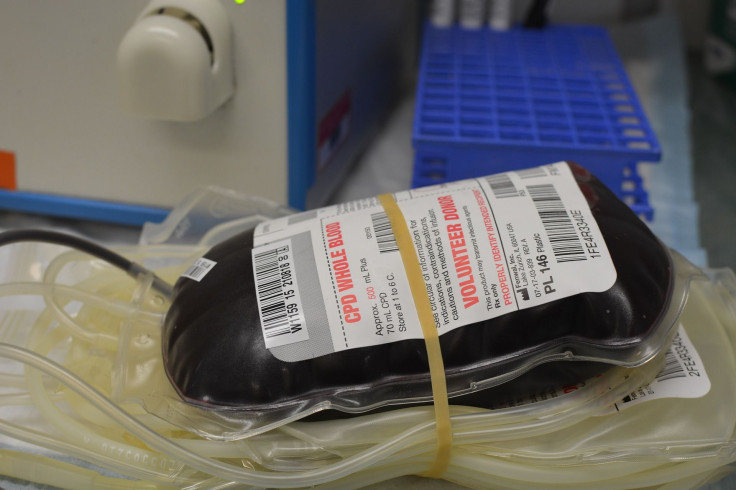It Is Dangerous To Donate Plasma Or Blood?

The mere thought of sitting in a chair with a needle plunged in your vein might be enough to scare you away from donating blood. But, for some people it’s more than a needle phobia and rather the belief that it is a risky process.
Fortunately, donating blood is safe and easy, yet some people are still worried. A common concern is the thought of possibly developing an infection from the needle. But, as the American Red Cross notes, “It is not possible to get AIDS or other infectious disease by giving blood.” New, sterile needles are used for every donor.
Read: Why Donating Blood Is Good For Your Health
The process of donating plasma — the liquid portion of blood — is similar, and is also safe. A machine collects your blood, separates out the plasma, red cells and platelets and returns the red cells and platelets to you.
Side effect of plasma and donation are similar: a temporary feeling of dehydration or fatigue. Unless you donate more frequently than any reputable organization would allow, you're extremely unlikely to suffer any serious health impact.
There is a possibility you may be considered part of a high-risk group and not be eligible to donate; however, this will be determined before you even begin the process. Some of the high-risk groups include those who are HIV positive, have engaged in sex for money or drugs, and more. A full list of high-risk groups can be viewed on Mayo Clinic.
If you’re not in one of the high-risk groups, but still feel you are not healthy enough to donate, don’t worry – your health will be assessed before you get going. Your medical history will be reviewed and you will also receive a free, mini-physical.
“Every blood donor is given a mini-physical, checking the donor’s temperature, blood pressure, pulse and hemoglobin to ensure it is safe for the donor to give blood,” according to the American Red Cross.
Despite not enough people donating blood in the United States, they still aren’t going to take just anyone. If you are not feeling well or your health history doesn’t meet the necessary criteria, you will not be eligible to donate.
“The chance of having a reaction to a blood transfusion is very small. The most common adverse reactions from blood transfusions are allergic and febrile (fever-associated) reactions, which make up over half of all adverse reactions reported,” the Centers for Disease Control and Prevention report.
Furthermore, the CDC notes it is rare for adverse reactions due to bacterial contamination of the blood and deem "the U.S. blood supply is safer than ever before."
See also: Where Does Donated Blood Go? How Your Blood Is Processed And Who It Helps, Once You Donate



























